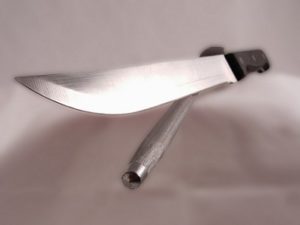
Church Bulletin
At present a number of Reformed scholars in the United States are engaged in a debate concerning the Trinity. The controversy involves whether or not authority and submission existed in the God-head before the incarnation. Specifically, did the Father exercise authority over the Son; was the Son submissive to the Father. Those who believe this to be the case use the eternal relationship within the trinity to support their particular complementarian view of marriage. Others however regard this position as a departure from historic Nicene Trinitarianism.
It has been interesting to see the response of people looking on. Some have expressed concern over the strength of language and what they feel is a lack of charity. They also question what good will come of it. On the other hand there are those who don’t believe the lines of propriety have been crossed and such debates are healthy and even necessary. My own opinion is that while pointless wrangling is unhelpful (1Tim 1:4) we do need to contend for the truth (Jude 3).
The historic creeds and confessions were born out of a desire for doctrinal clarification. The atmosphere which gave rise to this necessity was often one of error and disagreement. It is important that the church is clear in what she believes and God has sovereignly used error to this end. We should not suppose that robust debate is counterproductive and unless we seek peace at all costs we have fallen into sin. Certainly there needs to be good-will and respect, nevertheless we must be prepared to stand our ground when we believe someone is wrong.
Jude 3, “Beloved, while I was very diligent to write to you concerning our common salvation, I found it necessary to write to you exhorting you to contend earnestly for the faith which was once for all delivered to the saints.” Jude indicates the need to contend for (fight for, struggle for) the body of doctrine which Christ delivered to His church. It is not just the responsibility of academics, every Christian must resist error. This is how our understanding is sharpened. The upside of false teaching is that it forces us to dig deeper and clarify what we believe. Just as knives are sharpened in the heat of friction so is our Theological knowledge. Don’t despair over false teaching and controversies rather see them as one of the tools God uses to refine His people.
Andrew
